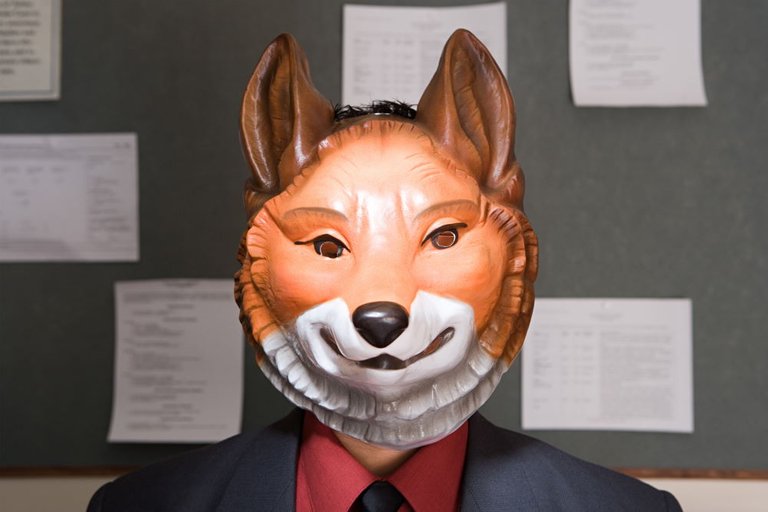
"How do you know?", the ultimate question to trigger someone into anger when they espouse some kind of truth claim.
When I ask people this question the typical response is "I just know". To which I reply "Right, but how do you know? How are you verifying that it's true?". That's pretty much where the conversation ends and I start running.
The truth is that so much of what we think is true goes unchecked and unchallenged. Asking yourself "how do I KNOW this?" is a great way to rumble ideas built on shaky foundations.
This is what I love about the Bitcoin blockchain. There is no need for trust and no need to worry about the ultimate question triggering anyone.
Did you send the payment to the address I gave you? Yes. How do I know? I go directly to the incorruptible record keeping system that is the Bitcoin blockchain and verify it for myself. How do you know I got the payment? same deal.
With that quick setup, let me get on to the real topic of this post, the horrifying future of deep fakes. No, not deep flakes that you eat for breakfast with milk, deep FAKES.
Deep Fakes
TL:DR you use AI to create a computer generated image that takes a video of an actor and then automatically renders your face and voice on top of it in a pretty convincing fashion.
Behold:
Pretty scary huh?
Now I'll grant you that the deep fakes that exist today still carry telltale signs that they are not real, the images and animation are a bit clumsy, but it's close, really close.
So, how are you going to know it's me? Or Omar Bham? Or Ivan On Tech? Or any person for that matter?
Omar, Ivan and I have a library of video content online containing enough raw data of our face and voice to keep an AI deep fake algorithm fed for days.
Help Me Obi Blockchain Kenobi, You're My Only Hope
Bottom line? We have to move to a model where every piece of media is authenticated on a public blockchain. A model that requires every article, video, audio and image file to be packaged with a digital signature that you can plug into a block explorer and answer the question for yourself "how do I know that's the real person?".
The Ironically Named, Voice Network
I'm an EOS fanboy, you know that. If you don't, nice to meet you for the first time.
Block.one have created the Voice social network on EOSIO technology. The networks claim to fame is that in order to have an account you have to verify your identity.
There was uproar when this feature was first announced, but I could see the genius. It's also why I was a fan of the WORBLI network (now the UX Network).
What is the benefit of requiring a verified identity in order to create an account on the Voice social network?
You don't have to ask the ultimate question about any of the content and it's authenticity. How do you know that image, video or podcast was really me and not a deep fake...
Because I posted it on https://voice.com via an account that is tied to my verified identity.
The faker the world gets, the more people will demand a way to verify authenticity for themselves. With Voice.com you don't even have to plug anything into a block explorer, it's baked right into the platform.
Crypto For Your Thoughts?
- How do you feel about deep fakes?
- Are there any other blockchain platforms other than Voice that you think could be used to authenticate content?
Please post your comments below so I can tip you with some crypto.
I just signed up for Hive. It's really the phone I pay the bill for. My usual username freeenergy13 was taken so I chose freeenergy.
Signing posted content with secure cryptographic methods seems like the best way to fight deep fakes... if the source signs with such a method and it's not signed, it's fake.
https://www.media.mit.edu/projects/detect-fakes/overview/
Authenticity verification utilities are useful, but how do we maintain the ability to deny consent to our image being used. Can we "copyright" our images and deny use?
That's a different topic but one definitely worth exploring within the realm of blockchain technology. There are already ways to copyright stuff on the blockchain but not deny the use.
With an image for example, if you can see it you can steal it. It's as simple as taking a capture of your entire screen and then cropping out the copyrighted image to post somewhere else.
The point being that it's really me in a different user-verse.